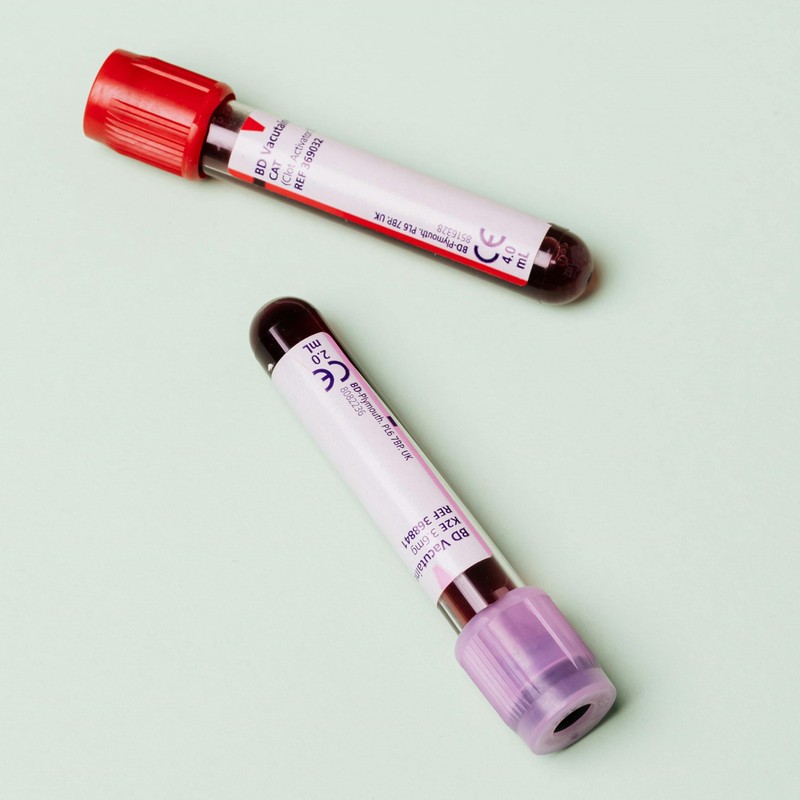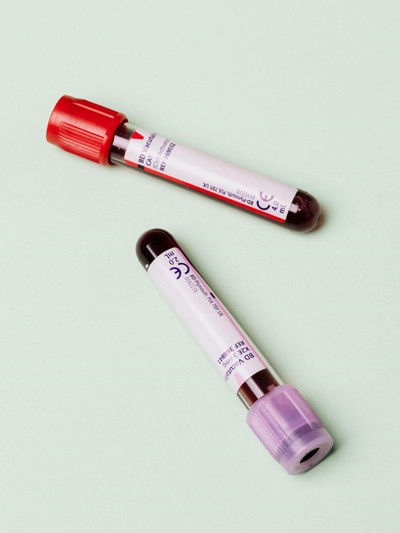

What You Need to Know About Cancer in Later Life
What Cancers Are More Common As You Age? And Is There Any Reason?
“Cancer generally becomes more common as you age and this is true for ovarian cancer. Ovarian cancer primarily affects women who have gone through menopause, with most cases diagnosed in women over the age of 50. Ageing can increase cancer risk due to cumulative exposure to various risk factors and the gradual weakening of cellular repair mechanisms. While younger women can develop ovarian cancer, the likelihood significantly increases as women get older. Therefore, it is essential for older women to be aware of symptoms and seek medical advice if they have concerns.” – Miss Smita Sinha, consultant gynaecologist at Serenity Women’s Clinic
What Tests Are Available On The NHS?
“Ovarian cancer is typically investigated through a combination of a blood test and an ultrasound scan, which are available at any age if symptoms suggest a possible concern. The blood test measures the level of a protein (cancer antigen 125-CA125) in the blood which can be higher in women with ovarian cancer (it can also have false positives as other conditions may also raise these levels). If these initial tests indicate abnormalities, further investigations such as a CT scan, biopsy or surgery may be required to reach a diagnosis.” – Smita
“There is the NHS Breast Screening Programme (NHSBSP). This consists of three-yearly mammograms, age 50-70 years old. After 70, women can remain in the NHSBSP but that doesn't happen automatically, they have to opt in. This information and how to opt in is given to them at their 70th birthday screening round. If something is seen on the screening mammogram that requires further assessment, women are called back to the clinic for more tests. Otherwise, they have another mammogram three years later. Women are advised to self-check in between their screening rounds and go to their GP if there are any changes.” – Dr Elli Papantoniou, consultant radiologist at OneWelbeck
And What About Privately?
“Breast screening varies according to institution and availability of tests. In some institutions, women are screened with yearly mammograms from 40 years old, a clinical examination by a breast consultant and an ultrasound. At facilities like OneWelbeck, women are offered yearly Tomosynthesis (3D mammography) from 40 years old and, depending on breast density, a supplementary ultrasound scan for women with denser breasts. MRI screening is reserved mainly for women with proven genetic predisposition or strong family history and dense breast tissue on mammogram.” – Elli
“Similar tests are available, including more immediate access to advanced imaging techniques like MRI or CT scans. Some private clinics may also offer genetic testing, especially for those with a family history of ovarian cancer. Routine screening for ovarian cancer is not recommended for the general population on either the NHS or privately, regardless of age, but women with a significant family history may begin surveillance with these tests earlier, often from the age of 35 to 40.” – Smita
Is It Worth Paying?
“Whether it’s worth paying privately for ovarian cancer tests depends on individual circumstances. On the NHS, if you present with symptoms or have a family history of ovarian cancer, you will receive timely access to appropriate tests, including blood tests and ultrasounds. The NHS provides high-quality care but waiting times for appointments or further investigations can sometimes be longer. Going privately can offer faster access to consultations, tests and results, which may provide peace of mind, particularly if you're concerned about symptoms or have a strong family history. However, the same tests are available on the NHS if medically indicated. Since routine screening for ovarian cancer isn’t widely recommended due to the lack of effectiveness, the decision to go private may be more about convenience than necessity. It’s essential to weigh the cost against the potential benefit based on your individual risk and concerns.” – Smita
“In my opinion, three-yearly rounds are long. Moreover, at the moment there is no provision for women with denser breasts to have more individualised screening (for example tomosynthesis and/or ultrasound), although studies regarding this are currently being carried out. Therefore, as things stand, I believe it is worth paying for more frequent screening, particularly for women with denser breasts.” – Elli
How Reliable Are Screenings?
“Screenings for ovarian cancer are not 100 per cent reliable, which is why in the UK routine screening is not currently recommended for the general population. The blood test CA125, often used in diagnosing ovarian cancer, is not entirely accurate as protein levels can be elevated for reasons other than cancer, such as endometriosis or pelvic infections. Similarly, ultrasounds can detect abnormalities, but these may not always indicate cancer. Because of these limitations, screening has not been shown to reduce deaths from ovarian cancer significantly. Most screening methods lack the sensitivity and specificity needed to catch ovarian cancer early, as the disease often presents without obvious symptoms until it has progressed. For women at high risk, such as those with a strong family history or genetic predisposition, more intensive monitoring may be advised, but even then, screenings are imperfect. Early detection through symptom awareness remains crucial.” – Smita
How Often Do You Need To Commit To These Screenings?
“For most women, routine ovarian cancer screening is not necessary, as it is not recommended for the general population. However, if you're at higher risk due to a family history of ovarian cancer or genetic factors like BRCA mutations, more regular surveillance may be suggested. In such cases, screenings might be done every 12 months, depending on your risk level and the guidance of your doctor.” – Smita
“For women with denser breasts (BIRADS C or D), yearly screening would be recommended along with bilateral breast ultrasound. For women with less dense breasts, this can be pushed back to 18-monthly.” – Elli
What Lifestyle Or Health Changes Can You Implement To Give Yourself Better Defence?
“To help reduce the risk of ovarian cancer, maintaining a healthy lifestyle is beneficial. A balanced diet rich in fruits, vegetables and whole grains, alongside regular exercise and a healthy weight will support overall health and boost the immune system. Reducing stress levels and avoiding smoking also contribute to better long-term health. However, it’s important to recognise that no lifestyle change can completely prevent cancer. Ovarian cancer, like many cancers, can strike anyone, regardless of their fitness or health. Even the healthiest, fittest individuals can develop cancer due to factors like genetics, age or other unknown causes. Therefore, while making positive health changes can support your body, it's essential to be aware of symptoms and consult your GP if concerns arise, especially if you have a family history of ovarian or related cancers. Early detection, as always, remains the key.” – Smita
Visit OneWelbeck.com & SerenityWomensClinic.co.uk
DISCLAIMER: Features published by SheerLuxe are not intended to treat, diagnose, cure or prevent any disease. Always seek the advice of your GP or another qualified healthcare provider for any questions you have regarding a medical condition, and before undertaking any diet, exercise or other health-related programme.
DISCLAIMER: We endeavour to always credit the correct original source of every image we use. If you think a credit may be incorrect, please contact us at info@sheerluxe.com.

